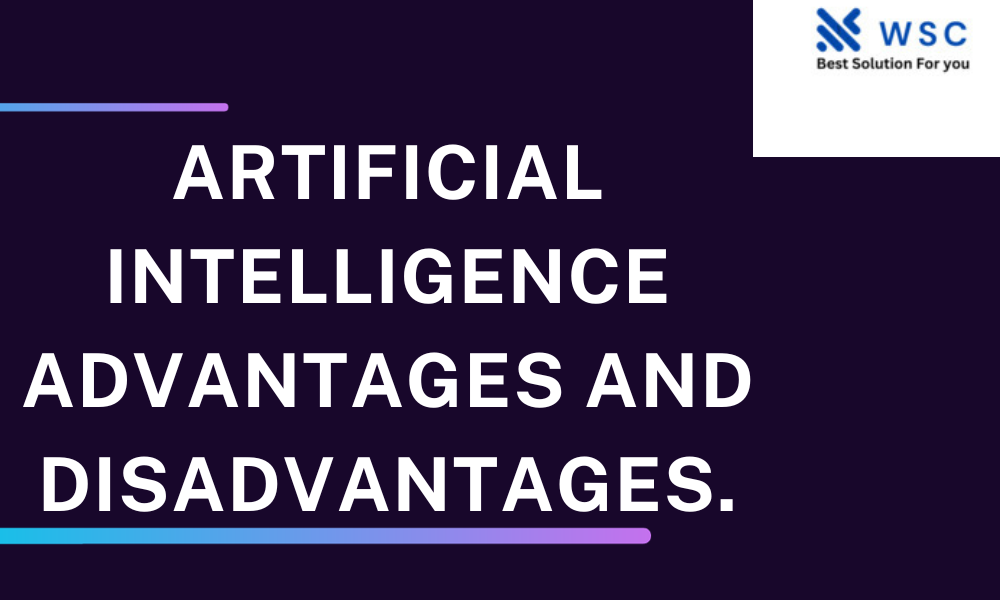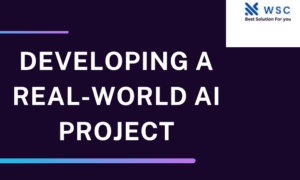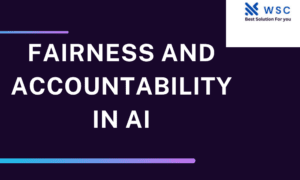Artificial Intelligence (AI) has made significant strides in recent years and is being increasingly integrated into various aspects of our lives. Here’s an overview of the current scenario, along with Artificial Intelligence Advantages and Disadvantages.
Advantages of Artificial Intelligence:
- Automation: AI can automate repetitive and labor-intensive tasks, leading to increased efficiency and reduced human error. This is especially beneficial in industries like manufacturing, healthcare, and logistics.
- Data Analysis: AI can process and analyze vast amounts of data quickly and accurately. This capability is instrumental in making data-driven decisions in various fields, including finance, marketing, and scientific research.
- Personalization: AI can tailor experiences to individual preferences. This is evident in personalized content recommendations on streaming platforms and targeted advertising.
- Predictive Analytics: AI can predict future trends and outcomes by analyzing historical data. This is invaluable in areas such as weather forecasting, stock market predictions, and disease outbreak modeling.
- 24/7 Availability: AI-powered chatbots and virtual assistants can provide round-the-clock customer support and assistance, improving user experiences.
- Medical Diagnosis: AI can aid in the early detection of diseases and assist healthcare professionals in making more accurate diagnoses, potentially saving lives.
- Safety and Security: AI is used for threat detection, fraud prevention, and cybersecurity. It can identify suspicious activities and protect critical systems.
- Efficient Resource Management: AI can optimize resource allocation in fields like energy, transportation, and agriculture, leading to cost savings and reduced environmental impact.
Disadvantages of Artificial Intelligence:
- Job Displacement: As AI automation increases, there is a concern that certain jobs may become obsolete, leading to unemployment and the need for job retraining.
- Bias and Fairness: AI algorithms can inherit biases from the data they are trained on, leading to discriminatory outcomes. Ensuring fairness and mitigating bias in AI is a significant challenge.
- Privacy Concerns: AI’s ability to process and analyze personal data raises privacy concerns. Unauthorized access to sensitive information can lead to data breaches and identity theft.
- Dependence on Technology: Over-reliance on AI can lead to a lack of critical thinking and problem-solving skills in humans, as well as vulnerabilities in the event of system failures.
- Ethical Dilemmas: AI raises ethical questions, such as the use of autonomous weapons, the impact on personal relationships, and the rights and responsibilities of AI systems.
- Cost of Implementation: Developing and deploying AI systems can be expensive, especially for smaller businesses and organizations, which may limit access to these technologies.
- Lack of Common Standards: There is a lack of standardized regulations and practices in AI, which can create confusion and hinder cross-border collaboration.
- Security Risks: AI can be vulnerable to attacks, and malicious use of AI technology can pose significant security risks, including deepfake videos and automated cyberattacks.
In summary, while AI offers numerous advantages in terms of automation, data analysis, and personalization, it also brings about challenges related to job displacement, bias, privacy, and ethical considerations. Striking a balance between reaping the benefits of AI and addressing its drawbacks is a critical task for governments, businesses, and society as a whole.
Check our tools website Word count
Check our tools website check More tutorial




